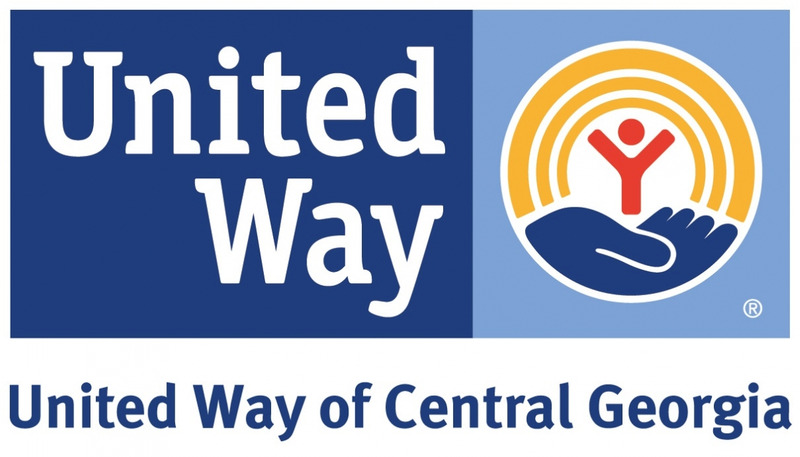One of our United Way of Central Georgia teammates shared this powerful poem with our staff recently. It was written by an Atlanta resident in 2014 after he witnessed a heartbreaking incident at a local school. He saw a child ask his teacher for a pencil. The teacher told the student he could have the pencil, but only if he gave a shoe for collateral. The poem’s writer, Josh Dickerson, says the child then took off his shoe to reveal his dirty sock causing the rest of the class to laugh. Dickerson says it was that moment that caused him to pen this viral poem. He says he envisioned the events that led up to that moment in the classroom.
The poem is about a lot more than a pencil though. The writer says that readers often focus on the final line with the message that we must have sympathy for those living in poverty. But he hopes readers focus on the main message, “to continue to fight, no matter the circumstance,” just like the little boy in this poem and just like how WE should fight for these kids who have the ODDS STACKED AGAINST THEM.
Four times less likely to graduate high school….
Research has proven that children who cannot read on grade-level by the end of 3rd grade face major barriers in their continued learning. Up until third grade, a child learns to read, but after third grade, a child must be able to read in order to learn. A study by the Annie E. Casey Foundation found that a student who is not reading proficiently by the end of third grade is indeed four times less likely to graduate by 19 years old. Further, many of the children who are unable to achieve grade level reading by third grade end up dropping out of high school.
Another startling statistic from the study is the low 3rd grade reading proficiency scores among low-income students. The study revealed 83% of low-income students are reading below proficiency level by the end of third grade. If those same students are then four times less likely to graduate high school (on time or at all), their chances of lifting themselves out of the poverty from their childhood (and improve their own future) are slimmer than ever.
So what happens next?
Without a high school diploma, a worker is far less likely to ever maintain a salary at or above the median annual wage of all US workers, $39,810 (Bureau of Labor Statistics). According to the BLS, the average worker without a high school diploma earns about $488 per week. That’s just $25,376 per year, nearly one-thousand dollars under the federal poverty level of $26,200 set by the Department of Health and Human Services (family of four). For the sake of comparison, average weekly pay is $668 for those with a high school diploma and $1,193 for those with bachelor’s or advanced degrees.
With an income below the federal poverty level and an education level less than that of a high school diploma, the chance of this fate repeating itself for generations is an uncomfortable reality. The cycle of family poverty is vicious and repetitive. When a child is born into poverty, their family likely has limited or no resources to provide to advance the lives of those in the family.
That’s why DISRUPTING this cycle of family poverty has become United Way of Central Georgia’s primary mission.
